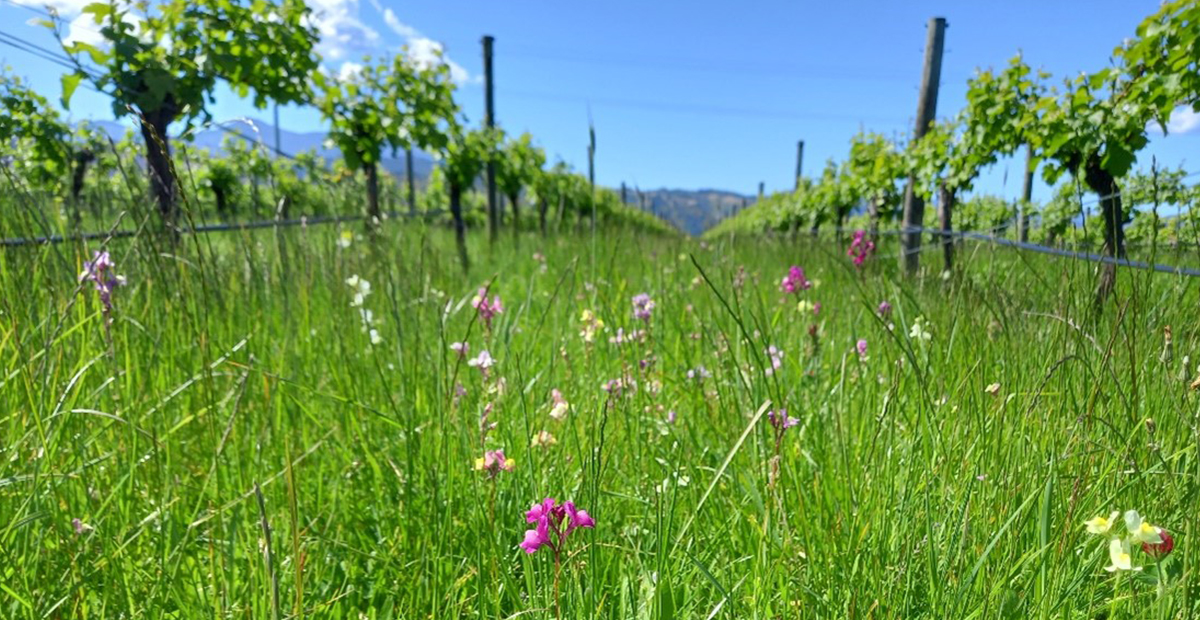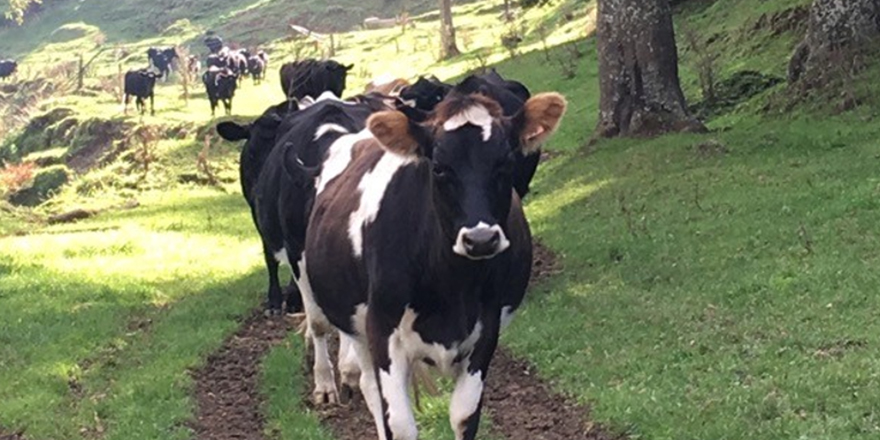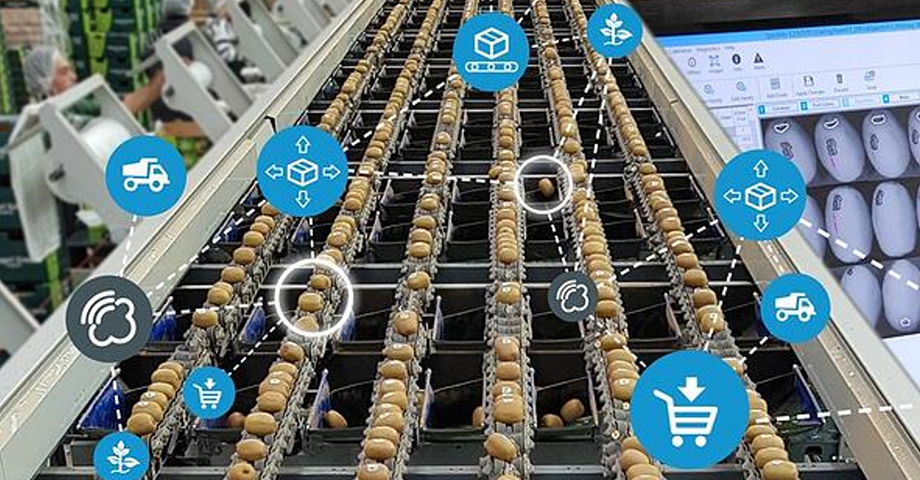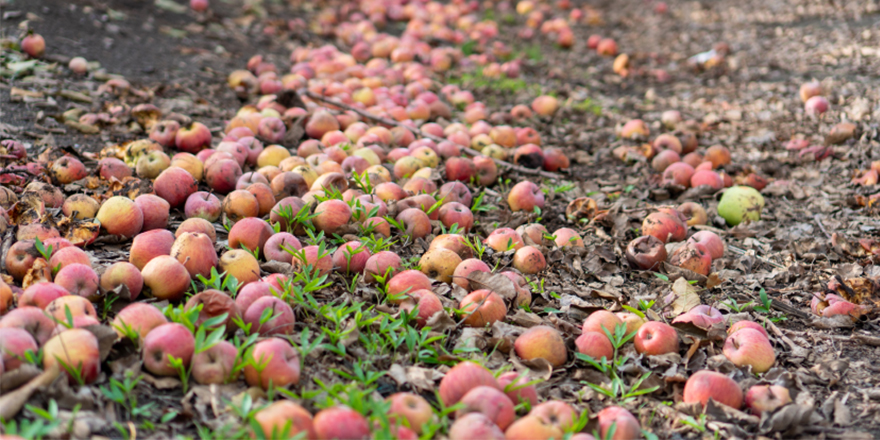
Executive summary
There is ever increasing pressure for food and fibre industries to be producing in a sustainable manner. Winegrowers are producing a ‘luxury’ item in comparison to food producers. Due to this the decisions and actions of the NZ wine industry need to protect the landscape in which they operate as well as their social licence to operate.
This report investigates the current status of sustainable winegrowing in New Zealand and establish whether regenerative viticulture is the answer to a future-proofed industry. The objectives of this study were to:
- Review sustainable wine production in New Zealand and outline its goals and aspirations.
- Determine what regenerative viticulture (RV) means.
- Determine if regenerative viticulture aligns with Sustainable Winegrowing New Zealand’s (SWNZ) goals to future-proof the industry.
- Investigate whether regenerative viticulture addresses significant issues such as climate change.
- Determine the role, if any, regenerative viticulture may have in the NZ Wine industry.
- Propose a plan of action for the NZ wine industry.
To carry this out a literature review of sustainability and regenerative agriculture/viticulture was completed followed by eight semi-structured interviews with members of the wine industry. A digital survey was also created with 51 participants from the New Zealand wine industry. The interviews were analysed using thematic analysis and the survey was analysed using graphing on Microsoft Excel.
The New Zealand wine industry is a world leader in sustainability and is faced with environmental issues like other primary industries in the Food and Fibre sector (Dodds, Graci, Ko, & Walker, 2013; Mariani & Vastola, 2015). Future-proofing the industry was important to participants and there was support for further learning and improvement.
Analysis showed that SWNZ and the focus area goals which make up the framework for the programme, were generally viewed positively and respondents saw SWNZ as playing a role in future-proofing the industry. Regenerative agriculture was not well understood, however there was still considerable support for this farming system. RV was also considered part of the future resilience of the industry. SWNZ and RV were perceived as complimentary concepts though neither provides members a complete solution.
Some recommended steps that could be adopted by New Zealand Winegrowers are:
- Provide New Zealand winegrowers with resources on regenerative viticulture.
- Formation of a specialised regenerative viticulture group.
- Provide New Zealand winegrowers with NZ case studies highlighting vineyards that are going above and beyond.




